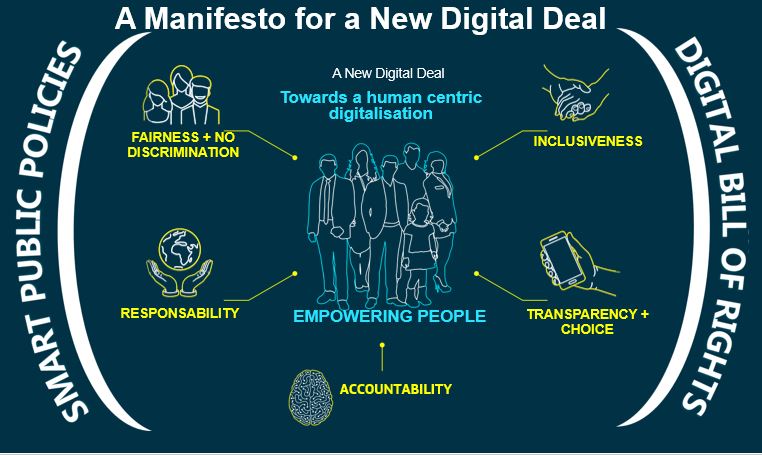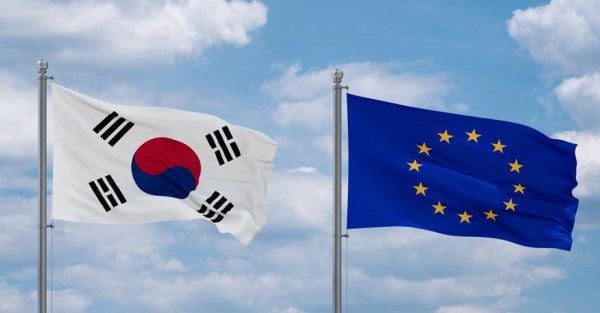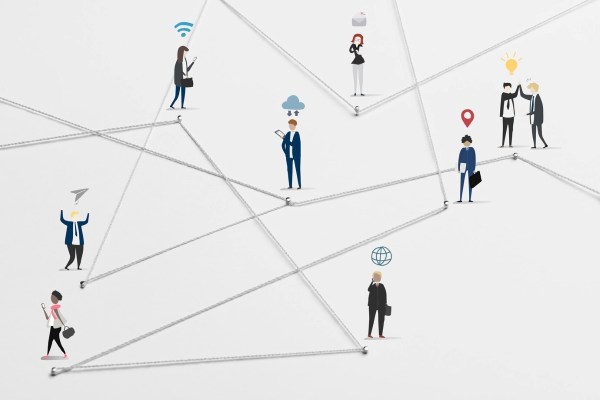We are where we wanted to be: laying the foundations for people-centered digitization. In the European environment this translates into empowering people in an ecosystem of digital transformation of societies and economies that fully respects their fundamental rights with no one left behind.
The European Commission has just proposed the signing of a Declaration of principles and rights underpinning digital transformation in the European Union. The aim of this commitment is to provide a roadmap for businesses and policy makers to undertake digital transformation by putting people at the center and fostering innovation in the delivery of digital services. Although the initiative is regional, the European Union intends for these principles to become a globally applicable standard. These principles are closely related to other initiatives promoted by the Commission, such as the Digital Compass for Europe’s digital transformation towards 2030 and the governance framework to achieve the digital objectives known as the Digital Decade.
Telefónica has been proactively pushing this position since the publication of the Manifesto for a New Digital Deal in 2018 and, even more emphatically in the wake of the pandemic with the Digital Deal to build back better our societies and economies.

The project of empowering people is associated with values that inspire policies and standards. The European Union has been working for decades in favor of Europeans in their dual dimension as citizens and consumers, with solidarity, inclusion, equity, respect for human dignity, freedom, democracy, equality, the rule of law and respect for fundamental rights as references.
Vision, mission and values
This mission has now also been transferred to the digital world. What is interesting and relevant today is that this mission is complemented by the vision of strengthening digital sovereignty and thereby reinforcing the competitiveness of European companies in a global world. Thus, the principles of the Digital Decade are intended to form a new framework for action valid for the public and private sectors as well as for Europeans. This is the explicit recognition that, in a global world marked by digitalization, the creation of economic value is perfectly compatible with the defense of our values.
Solidarity and inclusion are particularly important values that we would like to briefly highlight here. The Declaration states that everyone should have access to inclusive technology and affordable, high-speed connectivity. On the other hand, it also advocates that digital transformation should contribute to a fairer society and economy in the Union. This goal being seemingly abstract, the interesting thing arises when we operationalize the Declaration with more concrete objectives, with policies and with regulations that serve this purpose.
Telecommunications companies have a lot to contribute in this direction. We are, in fact, the backbone on which digitalization runs.
Without robust, high-capacity infrastructure, we will not be able to substantiate the values of solidarity and inclusion.
To be digital or not to be digital, that is the question! This Declaration of Digital Rights and Principles recognizes the need for cooperation between the public and private sectors. And at the heart of it all are the networks, i.e. the telecommunications sector. Existing telecommunications infrastructures are a necessary condition for further building and fostering the development of European digital ecosystems that can acquire a global scale, taking advantage of the synergies of the digital single market. In this way, it will be possible to achieve the objectives set by the Digital Compass, a program that aims to ensure that all EU households are connected to a Gigabit network and that 5G coverage reaches all populations by 2030.
Keys to achieving a people-centered digital transformation
How can we implement this Declaration by substantiating values such as solidarity and inclusion? First, achieving these goals will require strengthening the telecommunications sector. And to do so, the vision of European leadership in digital connectivity must be matched by a competition policy and regulation aimed precisely at achieving these objectives. Competition policy must be geared towards enabling the consolidation of players in each market, which is a necessity for telecommunications companies to consolidate, gain scale and be at the forefront of innovation. This consolidation will benefit the user and meet the growing demands of an increasingly digitized society.
For its part, regulation will have to ensure a favorable framework for infrastructure investment to achieve adequate levels of connectivity in an era of continuous change and rapid technological evolution. This will benefit both the European citizen and companies in their processes of digital transformation and deployment of increasingly efficient networks from the point of view of energy consumption and sustainability. Only if the regulatory framework is aligned with policy objectives will Europe be able to achieve the 2030 Digital Compass targets.
5G as a substantial technological change
The fundamental role of 5G technology in the digital era is beyond any doubt, and this is reflected by the Commission in the Digital Compass. The deployment of 5G is more than just the next generation of mobile communications, it is a service that will provide major capabilities and use case innovation that is expected to change day-to-day economic activity at all levels. 5G is our innovation platform, technologies such as network slicing, edge computing and OpenRAN will allow us to innovate on this platform and provide services to companies that will result in improvements in their production capacity. It is vital that Europe favors the development of these technologies and supports their early introduction also through its R&D&I efforts. In order to compete with the large technology companies, greater cooperation in the field of innovation between the private and public sectors will be necessary.
Finally, we must raise an urgent issue with a major impact on the evolution of connectivity in Europe and consequently on the competitiveness of European companies and economies. A larger and growing share of network traffic is generated and monetized by large technology and video platforms. To carry this traffic requires continuous and intensive network planning and investment by telecommunications operators. This model can only be sustainable if these platforms contribute fairly to the costs they generate on the network. In this regard, the statement explicitly states that appropriate frameworks must be “developed so that all market players benefiting from the digital transformation assume their social responsibilities and make a fair and proportionate contribution to the costs of public goods, services and infrastructure, to the benefit of all Europeans.”
The next decade must be synonymous with a more inclusive, sustainable and fair digital society and economy. We have the opportunity to use European values as a guide on our digital journey towards 2030. The European Union is moving steadily forward to achieve this and, at Telefónica, we share and support this commitment to put people at the center of the digital transformation.














